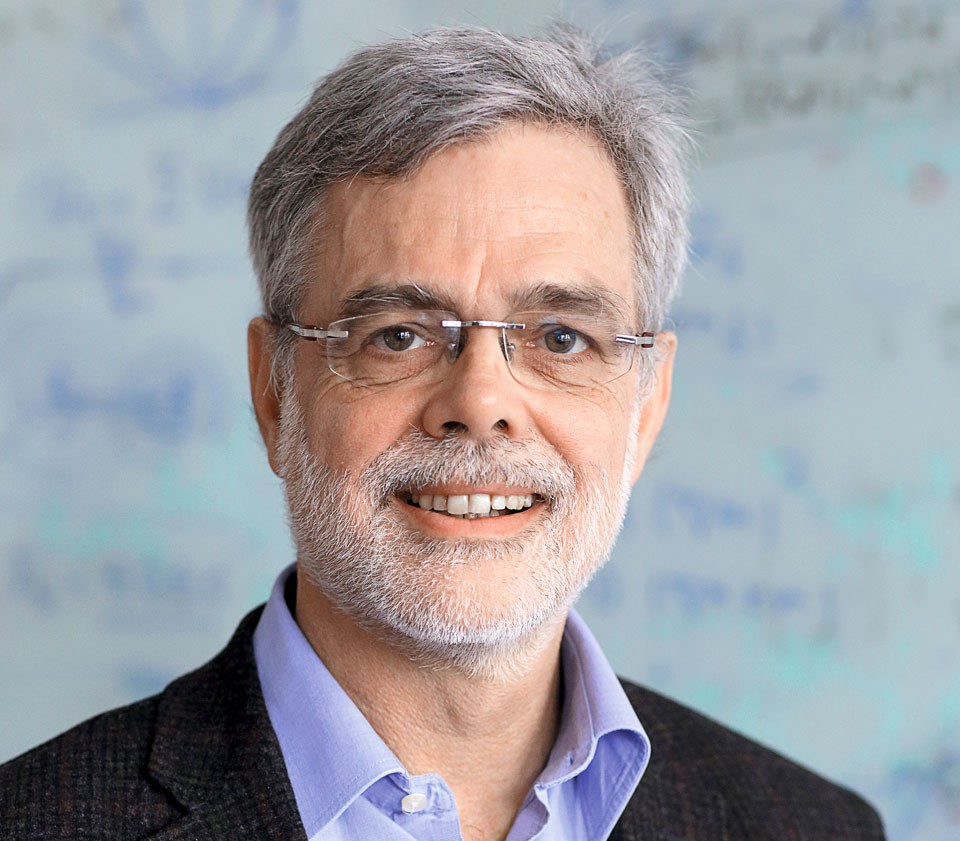The spin-orbit interaction is a small but extremely important interaction in the context of magnetism and spintronics giving rise to important static, dynamical and transport properties. In this presentation I start with an extended introduction focusing on the role of the spin-orbit interaction for the formation of non-collinear spin-structures with emphasis on the chiral symmetry breaking Dzyaloshinskii-Moriya interaction [1], whose competition to the exchange interaction may lead to the formation of chiral magnetic skyrmions [2] and bobbers [3] at the interfaces and surfaces. I propose an experimental path to observe the topological orbital moments in skyrmions. I outline a three-scale approach, which relates the microscopic theory of magnetic interactions as obtained by density functional theory, via a spin-lattice model to a micromagnetic models. I report on a recently introduced micromagnetic classification scheme [4] partitioning chiral magnets into isotropic rank-three DM bulk and rank-two DM film magnets, and anisotropicrank-two and rank-one DMI film magnets, where skyrmions and antiskyrmions can coexist even of the same energy. I provide examples of designing interactions to get skyrmions ready for technology and provide an outlook of an race track memory design based on the coexistence of different particles.
Acknowledgement: The work was carried out in collaboration with Markus Hoffmann, Hongying Jia, Nikolai Kiselev, Christof Melcher, Gideon Müller, Filipp N. Rybakov, and Bernd Zimmermann. I acknowledge Miriam Hinzen, Hannes Jònsson and Yuriy Mokrousov for fruitful discussions and computing time on the JURECA computer provided by the Jülich Supercomputing Centre (JSC) and funding from the European Union’s Horizon 2020 research and innovation programme (grant no. 665095, FET-Open project MAGicSky), the Icelandic Research Fund (grant no. 152483-052), Deutsche Forschungsgemeinschaft (DFG grant no. ME 2273/3-1) and JARA-FIT.
References
[1] M. Bode, M. Heide, K. von Bergmann, S. Heinze, G. Bihlmayer, A. Kubetzka, O. Pietzsch, S. Blügel, R. Wiesendanger, Nature 447, 190 (2007).
[2] S. Heinze, K. von Bergmann, M. Menzel, J. Brede, A. Kubetzka, R. Wiesendanger, G. Bihlmayer, and S. Blügel, Nature Physics 7, 713 (2011).
[3] F. N. Rybakov, A. B. Borisov, S. Blügel, N. Kiselev, Phys. Rev. Lett. 115, 117201 (2015).
[4] M. Hoffmann B. Zimmermann, G. P. Müller, D. Schürhoff, N. S. Kiselev, Ch. Melcher, S. Blügel, Nature Communications 8, 308 (2017).

